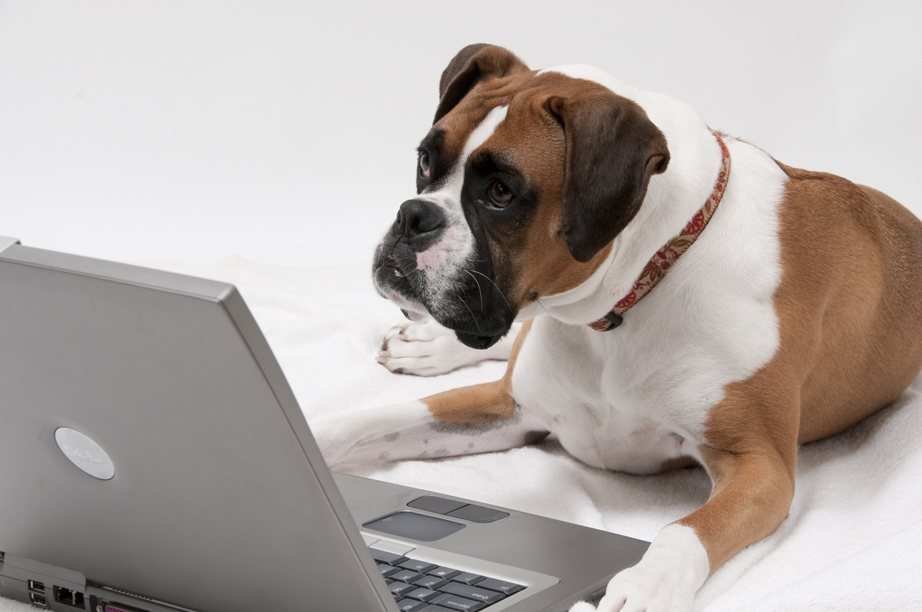 It can be heartbreaking to watch your puppy become anxious and upset when he knows you are leaving him. Simply put, your puppy misses you. From barking and whining to chewing and other destructive behavior, puppies who are dealing with separation anxiety will act out in ways that can lead to serious problems. Separation anxiety is common in puppies that were purchased at pet stores or adopted from shelters, but there are ways to help relieve this problem and make for a happy, calmer puppy when he has to stay home!
It can be heartbreaking to watch your puppy become anxious and upset when he knows you are leaving him. Simply put, your puppy misses you. From barking and whining to chewing and other destructive behavior, puppies who are dealing with separation anxiety will act out in ways that can lead to serious problems. Separation anxiety is common in puppies that were purchased at pet stores or adopted from shelters, but there are ways to help relieve this problem and make for a happy, calmer puppy when he has to stay home!
What to do about it:
Treating separation anxiety is best accomplished when you start early and be consistent. Helping your puppy to understand that everything is okay when you leave is the first step. Start by providing your puppy with a comfortable place to lay down when you are not home. A dog bed that he is familiar with or even a sweatshirt that smells like you will be comforting to him.
The second step you want to take in helping to relieve your puppy of separation anxiety is to teach him that leaving and coming back is a natural part of any day. Start by going outside for about five minutes, leaving puppy inside near the bed, blanket, or sweatshirt. Come back inside and don’t make a big deal about seeing him. Let him calm down before making an attempt to see him and play with him.
Repeat this procedure over and over again, staying outside progressively for longer than five minutes. Remaining consistent with this behavior modification tactic will help to teach puppy that it is normal for you to leave and come back.
What won’t work:
It’s important to know that there are certain things that WON’T work when trying to help your puppy get over his separation anxiety. Punishment is one of them, and can actually make the situation worse. A common misconception is that a puppy acting out while you are away is a way of getting revenge, but it is actually a response to the panic they are feeling. Other things that don’t work are providing a companion for your puppy, crating your puppy, and leaving the radio or television on. These things may make you, the pet owner, feel better about leaving fido at home, but they don’t provide a way of relieving the separation anxiety for your puppy.
If your dog is older and has recently developed separation anxiety, you should enlist the help of your veterinarian, who may be able to help pinpoint the reason for the sudden behavior change and provide you with a resolution to the new problem.






[…] Treating Separation Anxiety in PuppiesAll Pet News (blog)Story by Lori Thomas on Sep 1st, 2011 and filed under Dogs, Feature, Lifestyle, Pet Health. You can follow any responses to this entry through the RSS 2.0. You can leave a response or trackback to this entry It can be heartbreaking to watch your puppy … […]
[…] Treating Separation Anxiety in Puppies […]
[…] Treating Separation Anxiety in Puppies […]
Comments are closed.